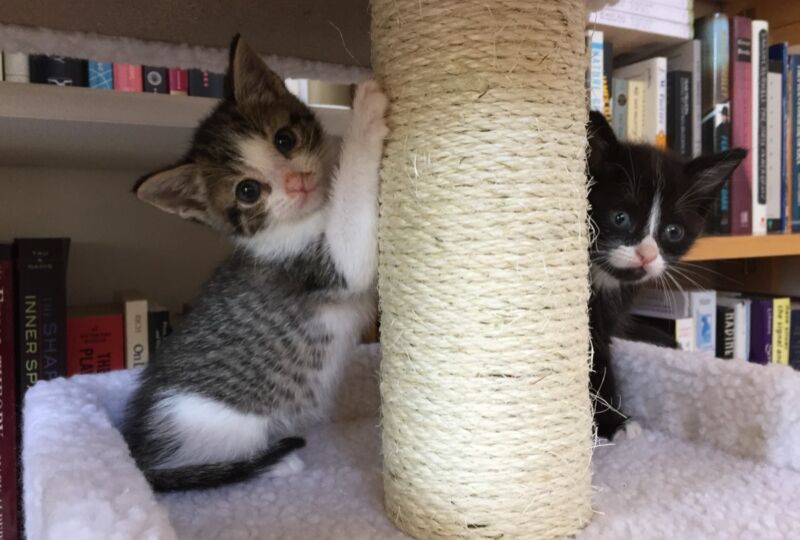Most, but not all, dogs play fetch, while cats do so more often than thought
Conventional wisdom would suggest that all dogs love to play fetch, while most cats would simply refuse to do so. But a new paper published in the journal PLoS ONE suggests that cats not only play fetch with their owners, they do so far more frequently than previously believed. And while most dogs play fetch at least sometimes, about 12 percent do not. More-trainable dog breeds are more likely to exhibit fetching behavior, while in both species, animals that are more active and playful—and usually male—are more likely to enjoy playing fetch, suggesting that it is a form of play.
"We were surprised to find that there were very few studies of fetching behavior in dogs," said co-author Mikel Delgado, a veterinary medicine researcher at Purdue University. "And personally, as a life-long cat person, I have to admit that I thought all dogs fetched. So it was interesting to get a better sense of how common this behavior is in cats and dogs. We hope that the study draws more attention to fetching behavior in cats, who are often portrayed as independent and aloof. In fact, they can be very social, and this is a nice example of one way they are interactive with humans."
As previously reported, many different animal species exhibit play behavior, and it's most common in mammals and birds. Contrary to what one might expect from cats, fetching behavior has been observed across multiple cat breeds all over the world, usually emerging in kittenhood. One owner who participated in a 2022 study noted that their cat was so obsessed with fetch that it would sometimes drop its favorite toy on their face in the middle of the night.

